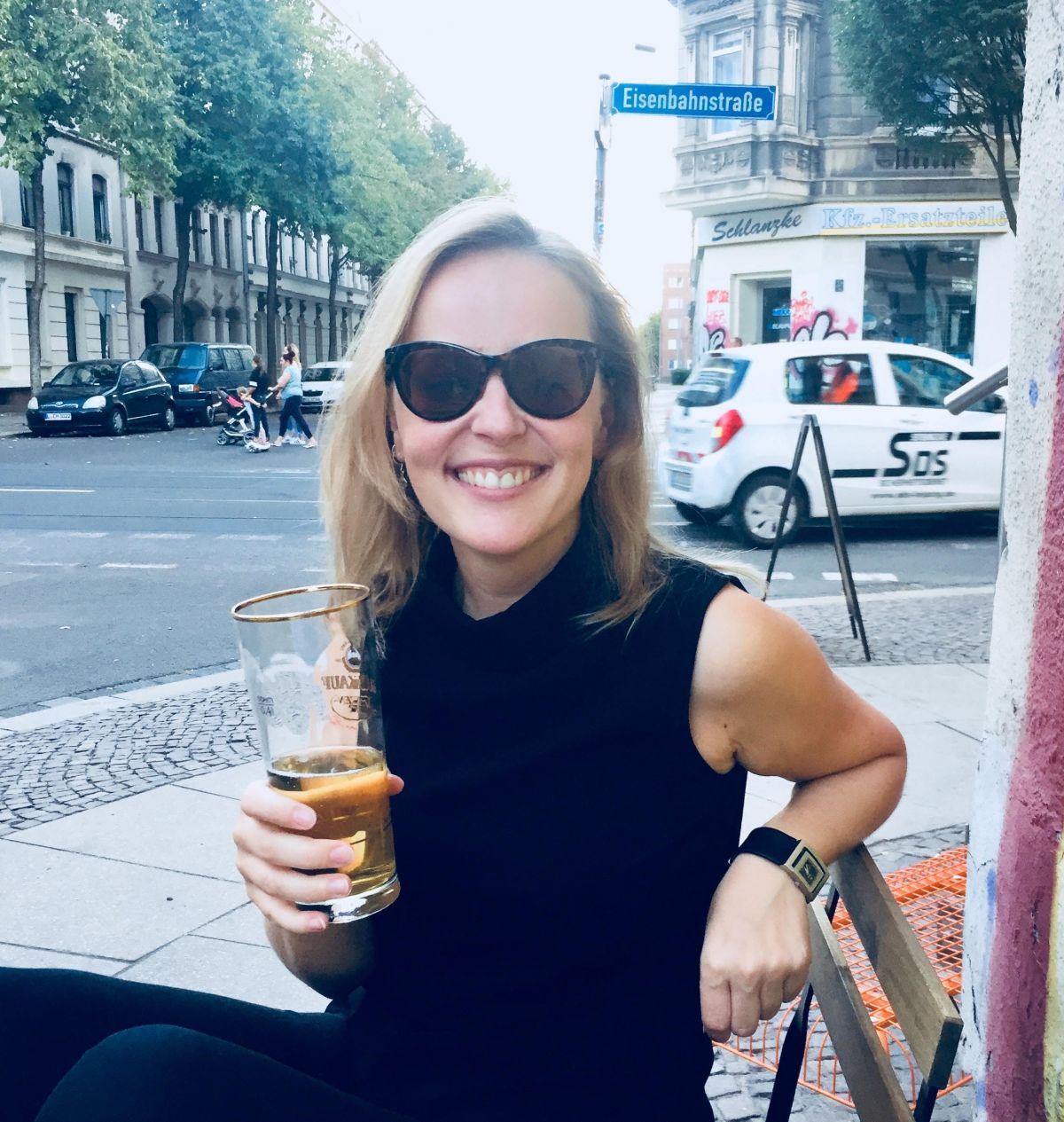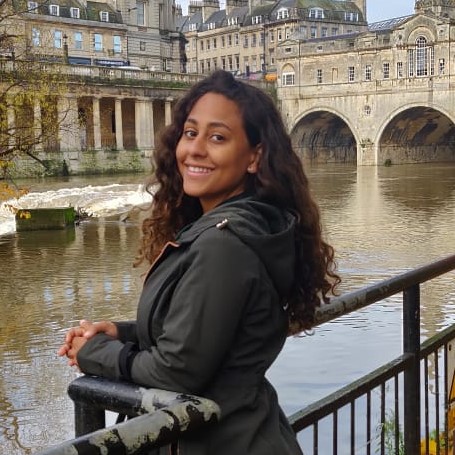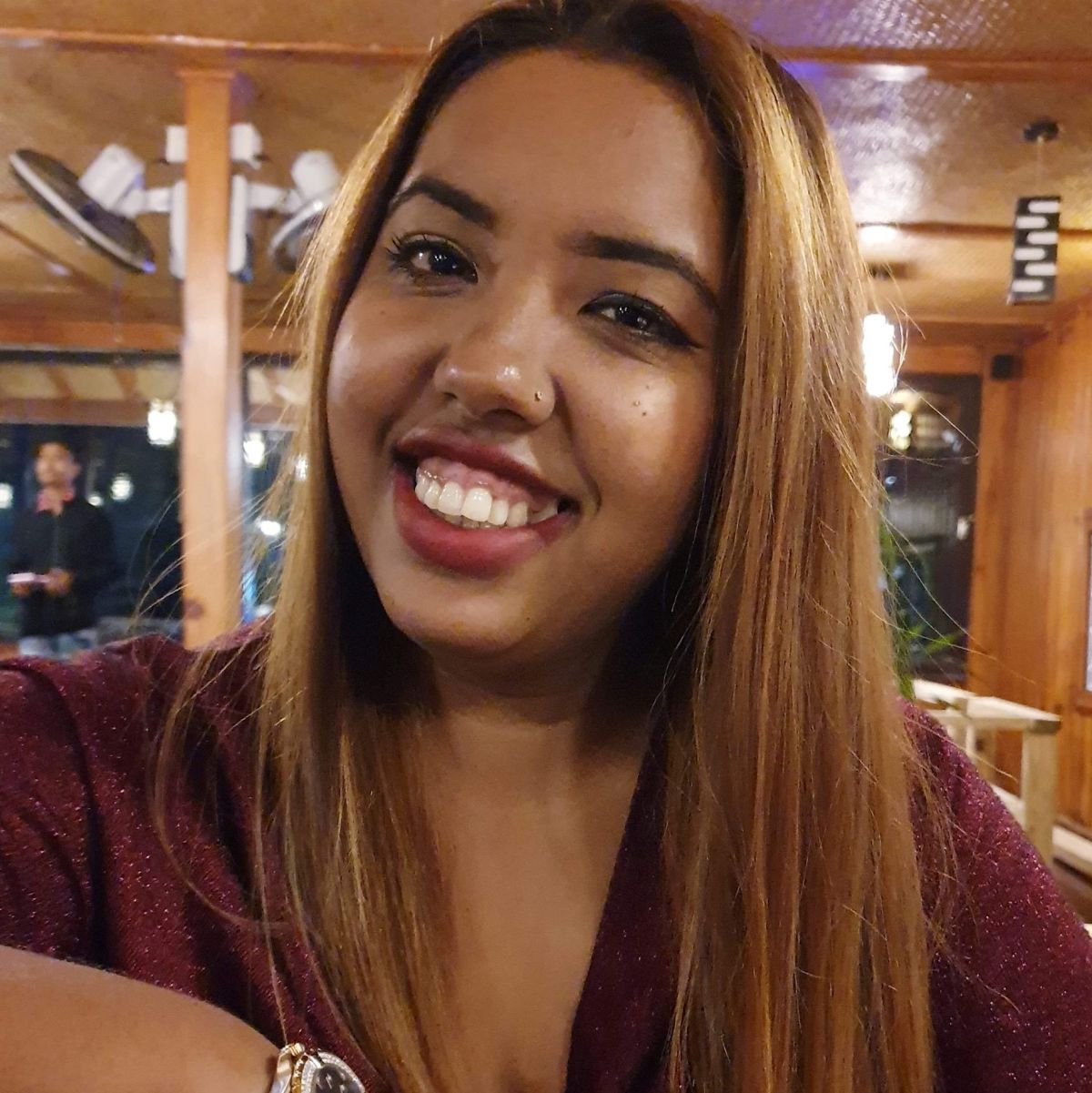Бисексуальный мужчина: мы вообще реальны?
Весьма оригинально, что в 2020 году, когда понимание сексуальности как спектра признано обществом, бисексуалы должны доказывать свое существование.
Australia, Oceania
Story by Hal Fulcher. Translated by Илья Еременко
Published on March 5, 2020.
This story is also available in 







Жизнь бисексуального подростка давалась мне не просто. Впервые про концепцию бисексуальности я узнал в 13 лет. Хотя я сразу понял, что это обо мне, я отказывался это признать. «Мне нравится одна девушка из сериала, со мной все в порядке», повторял я себе, пытаясь любым способом избежать мыслей о привлекательных парнях из моего класса. Взросление в достаточно гомофобном городке в Австралии повлекло за собой годы отрицания своего влечения к мужчинам. В то время, как мои друзья заводили первые романтические отношения, я отчаянно пытался игнорировать свою сексуальность в целом. Я надеялся, что жизнь станет такой, как до начала пубертата. «Может, я снова прочитаю Гарри Поттера, в 10 раз, и буду делать вид, что все в порядке, пока не закончу школу…» – мой внутренний монолог 2003 года.
Только в возрасте 20 с чем-то лет, я смог спокойно признаться в бисексуальности, сначала себе, а потом и другим. И хотя жить после каминг-аута стало явно проще, словно камень с плеч свалился, мне сложно строить отношения и быть принятым людьми вокруг. Иногда мне кажется, что это просто последствия взросления в провинции: из Австралии я переехал в 22 года и пожил в нескольких, значительно более толерантных, европейских столицах. Правда, некоторые вещи продолжают меня удивлять: косые взгляды и подозрительность со стороны и гомо- и гетеросексуальных людей, когда они узнают о моей бисексуальности. В прошлом, гетеросексуальные женщины меня отвергали лишь из-за моей бисексуальности, тогда как геи заявляли, что я могу уйти от них к женщине.
Эта невозможность ощущать себя «своим» ни в традиционной, ни в гомосексуальной среде описана в отчете 2018 года от Центра американского прогресса. В нем говориться, что по ряду индикаторов здоровья и социального статуса, бисексуалы находятся в худшем положении, чем люди традиционной ориентации и гомосексуалы. Например, если для геев вероятность бедности вдвое выше, чем для гетеросексуалов, то для бисексуалов эта вероятность выше в четыре раза. Открытие, которое меня откровенно пугает. Особенно на фоне того, что бисексуалы составляют большинство ЛГБТ сообщества – 52%, согласно Проекту по исследованию развития движений (2016). Также, мы менее заметны в обществе: где бары и группы поддержки для бисексуалов? Их нет, как ни странно.
Хуже всего, когда люди вообще не верят, что такая как у меня сексуальная ориентация существует. Недавно, 24 февраля, в Твиттере приобрел популярность хештег #BisexualMenExist (бисексуалы существуют), с помощью которого, как нетрудно догадаться, бисексуальные люди развенчивали мнение, что мы – это воображаемые или выдуманные существа из сказок.
Весьма оригинально, что в 2020 году, когда понимание сексуальности как спектра признано обществом, бисексуалы должны доказывать свое существование.
Странно, что бисексуальные женщины, похоже, не имеют проблем с отношением к их бисексуальности, как к чему-то реально существующему. Предположительно, это обусловлено тем, что гетеросексуальных мужчин (читай: патриархальное общество) привлекает фантазия, в которой две девушки во время секса желают еще и мужчину. А вот близость двух мужчин, отнюдь, совсем не интересует гетеросексуалов, поэтому такие мужчины априори считаются геями на 100%. Я хочу сказать, что НЕУЖЕЛИ ОБЯЗАТЕЛЬНО ПРИНАДЛЕЖАТЬ НА ВСЕ 100% К ОДНОЙ ОРИЕНТАЦИИ!? Полярность отношения к сексуальности меня откровенно удивляет, я никогда этого не смогу понять.
Еще одна причина, из-за которой я считаю, что существование бисексуальных мужчин ставят под сомнение – это намного меньшая наша представленность на телевидении и в СМИ в целом. ПОЗВОЛЬТЕ, НО ГДЕ ТАМ МЫ? Исходя из опыта моей жизни в Австралии, я посмею сказать, что о таких как я там вообще не говорят.
К счастью, ситуация с представленностью бисексуалов и других квир идентичностей меняется в лучшую сторону. Разные медиа все чаще уделяют внимание всей палитре сексуальностей и гендерных идентичностей.
Подытожим: так существуют ли бисексуальные мужчины? Эмм… да, естественно. Игнорируют и не замечают ли нас иногда? Тоже да. Но ситуация меняется к лучшему.
How does this story make you feel?
Follow-up
Do you have any questions after reading this story? Do you want to follow-up on what you've just read? Get in touch with our team to learn more! Send an email to [email protected].
Talk about this Story
Please enable cookies to view the comments powered by Disqus.
Subscribe to our Monthly Newsletter
Stay up to date with new stories on Correspondents of the World by subscribing to our monthly newsletter:
Other Stories in Русский
Explore other Topics
Get involved
At Correspondents of the World, we want to contribute to a better understanding of one another in a world that seems to get smaller by the day - but somehow neglects to bring people closer together as well. We think that one of the most frequent reasons for misunderstanding and unnecessarily heated debates is that we don't really understand how each of us is affected differently by global issues.
Our aim is to change that with every personal story we share.
Community Worldwide
Correspondents of the World is not just this website, but also a great community of people from all over the world. While face-to-face meetings are difficult at the moment, our Facebook Community Group is THE place to be to meet other people invested in Correspondents of the World. We are currently running a series of online-tea talks to get to know each other better.






















